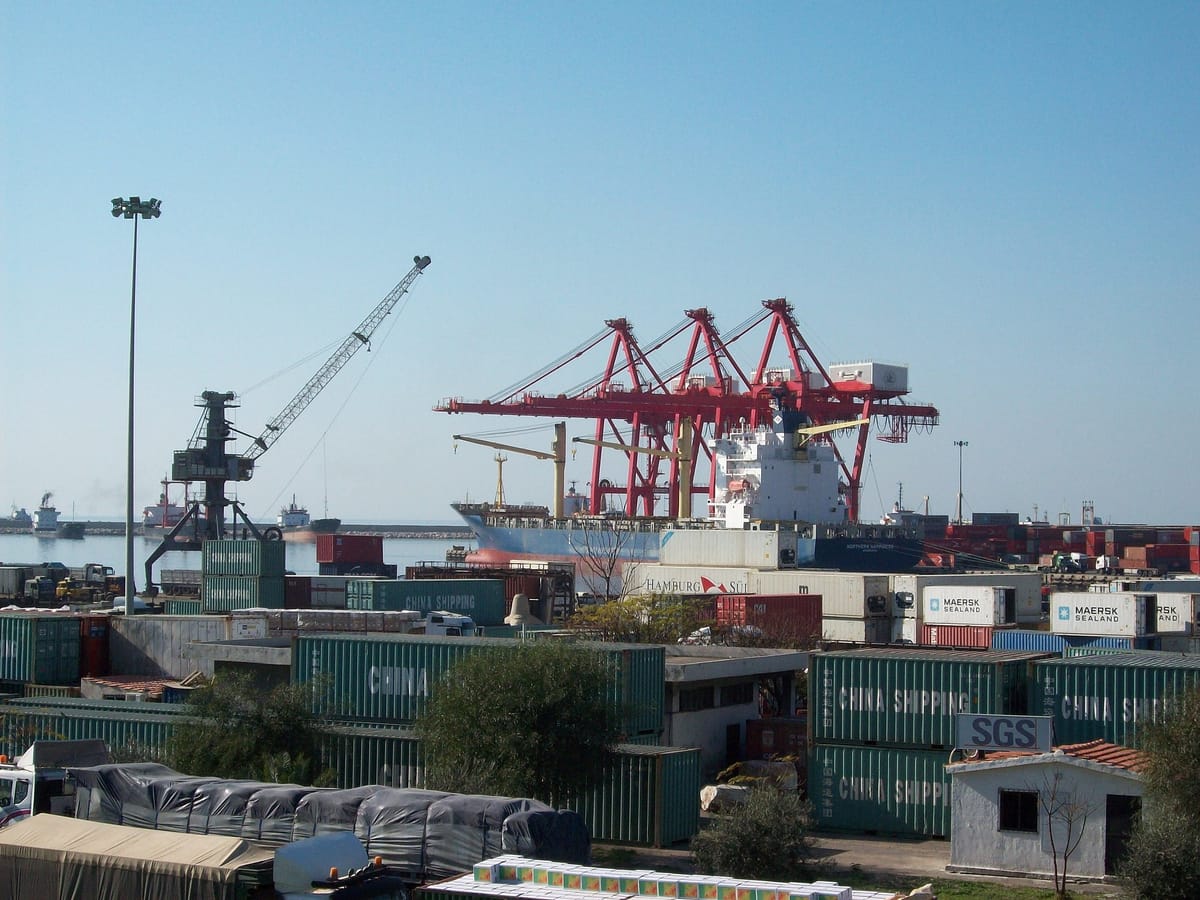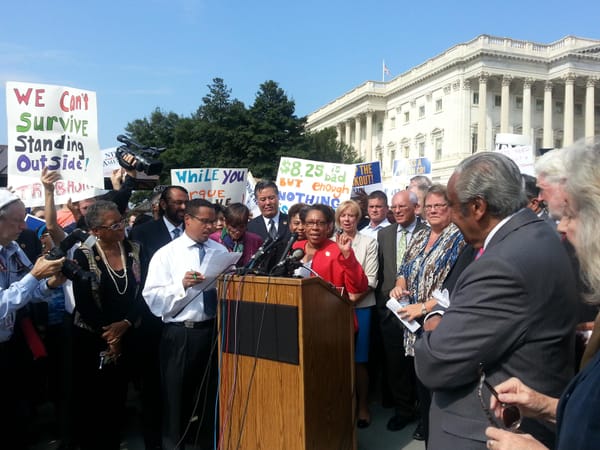Syria undermines the logic of US sanctions

The October 7 Hamas attack on southern Israel - and the brutal retaliation that has followed - prompted a wave of predictions from pundits about what would happen in the region. Most agreed that major changes were coming to Israel, Gaza, the West Bank, and likely Lebanon. What almost no one predicted, however, was the rapid collapse of the Syrian government led by Bashar al-Assad that occurred in early December 2024. A variety of factors - the diversion of Russian forces to Ukraine, the losses suffered by Hezbollah in Lebanon, and increased professionalism and efficiency from both the Syrian Salvation Government and its military wing, Hayat Tahrir al-Sham, contributed to the sudden changes, but the collapse also came as the culmination of over a decade of international sanctions that hollowed out the Syrian economy and contributed to the fragility of the Syrian Baathist state. The sanctions were largely implemented during the original violent crackdown on Syrian protestors in 2011 and were aimed at achieving roughly this result - the removal of Assad from power and the establishment of a government that was not violently suppressing its population. However, the fact that the sanctions remain - albeit with new exceptions to help rebuild Syria - calls into question their true logic.
It took roughly a month from the time Assad fled the country to when the US gave its general license to conduct business with the Syrian government and in certain energy related sectors of Syria. The General License, however, does not apply to other entities in Syria, and specifically, 'new investment' in Syria, outside of interactions with the government, remains prohibited. In other words, the US policy is to allow particular humanitarian concessions to rebuilding, while continuing to limit US investment and commerce with Syria, pending "progress in actions, not words", according to Deputy Ambassador to the UN Dorothy Camille Shea. This seems to reverse the regular idea of sanctions as an extraordinary penalty for those few states that egregiously violate international law or human rights norms. The HTS-led government of Syria, however, is being penalized because the US is not yet certain that it will respect the rights of women and ethnic and religious minorities. To what standard the US intends to hold the new Syrian government is unclear; enthusiastic commercial relations with countries like Saudi Arabia, Israel, and China cast some doubt on how universally the US applies these standards regarding gender or ethnoreligious egalitarianism. And it seems to imply a 'sanction first, ask questions later' attitude: all countries are subject to US sanctions unless they can prove they aren't, or can offer some geopolitical advantage to make lifting those sanctions worthwhile.
This runs entirely contrary to the liberal understanding of what trade can accomplish in foreign relations. The French liberal economist Frederic Bastiat warned in the early 19th century that "[Trade] Barriers result in isolation; isolation gives rise to hatred; hatred, to war", and for over a century since the hope of using peaceable trade and commercial/cultural interaction to avoid violent conflict has been a strong liberal argument against erecting trade barriers like tariffs and quotas - and the argument works even better against sanctions. Frederick Douglass went further still - ". The arm of commerce has borne away the gates of the strong city" he proclaimed in "What to the Slave is the Fourth of July", and asserted that this tendency, along with increasing speed of transport and communication, would lead to a world where "No abuse, no outrage whether in taste, sport or avarice, can now hide itself from the all-pervading light."
Douglass's dreams of an interconnected world of ever advancing human rights may have been premature, but they remain, or should remain, a goal for liberals the world over. Perpetual sanctions, where the burden lies on the sanctioned state, thwart the logic of this goal. Moreover, it the idea of sanctions is that they serve to isolate truly aberrant governments, their overly broad application is counterproductive. As more and more countries are sanctioned, they almost inevitably start to band together to form trade blocs of their own and the potential force of any new sanctions - for example, those the US and Europe are attempting to place on Europe - is blunted.
There is no guarantee of course that HTS won't, like the Assad regime before it, create an oppressive society that the US will find reason to sanction again. But that very much remains to be seen. If the US maintains sanctions on investment and trade with Syria, it will have contributed to precisely that outcome. The responsibility of the US now is to, with some sense of urgency, give every possible economic and civil society advantage to the Syrian people. Liberals may have a tendency to overestimate the benefits of open trade, but it's far better than the reverse - a default tendency to restrict trade as a first, not a last, resort.



